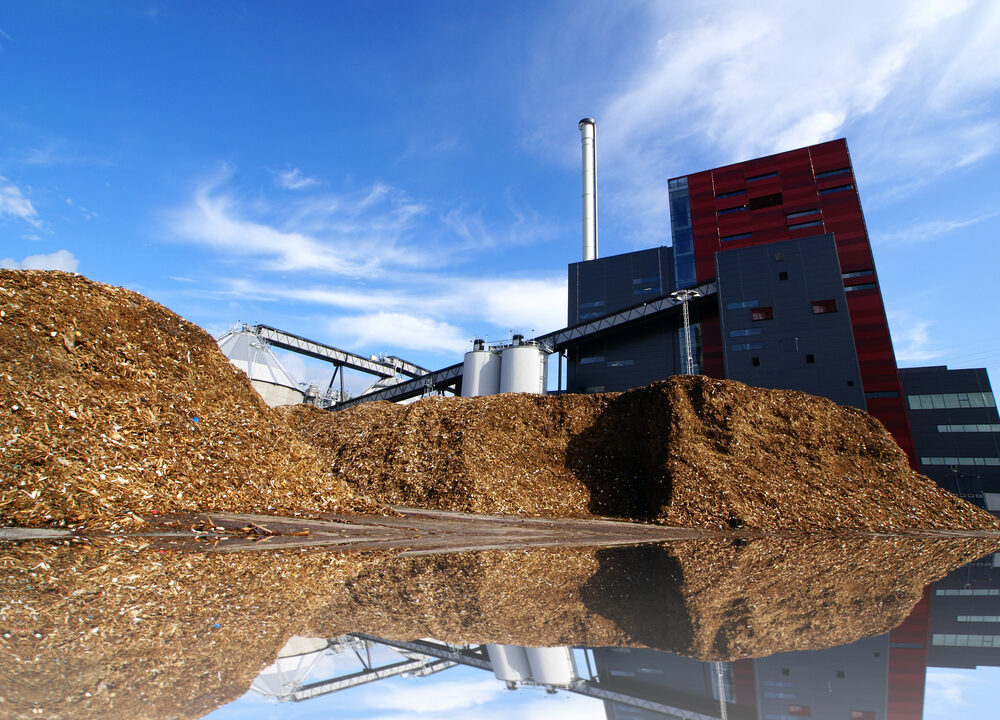The Bioeconomy Implementation Group’s first progress report to Government has been published today, Tuesday, September 3.
The report highlights the work undertaken over the past year in addressing the actions and challenges as set out in the National Policy Statement on the Bioeconomy.
The Minister for Agriculture, Food and the Marine, Michael Creed, today welcomed the publication of the report.
Commenting on the report, Minister Creed said: “The contribution from agriculture, forestry and the food sector to the national bioeconomy ambition is significant.”
Minister Creed added: “It also includes the integration of bioprocessing and biorefining to produce food and feed products, as well as replacing high-embedded carbon products such as concrete, steel, plastics, chemicals and energy with biobased alternatives and produce new products.
“The recommendations in this report dovetail with the all-of-Government Climate Action Plan to tackle climate breakdown and actions identified previously in the National Planning Framework, Project Ireland 2040, Future Jobs Ireland, and the development of the Regional Spatial and Economic strategies.
Bioeconomy development will be a key consideration in the department’s Common Agricultural Policy (CAP) consultations as well as its agri-food sector development strategy to 2030.
Minister Creed concluded: “Renewing and strengthening our agri-food sector through adoption, scaling up and commercialisation of small, pilot and large-scale biorefining has the potential to lead to the creation of high-quality green jobs in rural, coastal and urban areas.”
About the bioeconomy
The bioeconomy covers all sectors and systems that rely on biological resources (animals, plants, micro-organisms and derived biomass, including organic waste).
It links primary production undertaken in agriculture, forestry, fisheries and aquaculture with a range of economic and industrial sectors to produce food, feed, bio-based products, energy and services.
It also provides opportunities for replacing fossil-fuel based products with products generated from the natural environment such as food, feed, biobased plastics, natural chemicals and materials.
